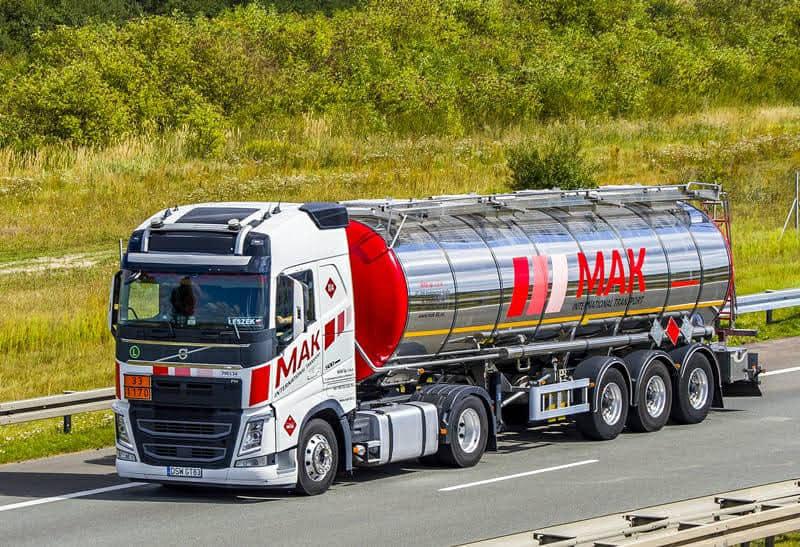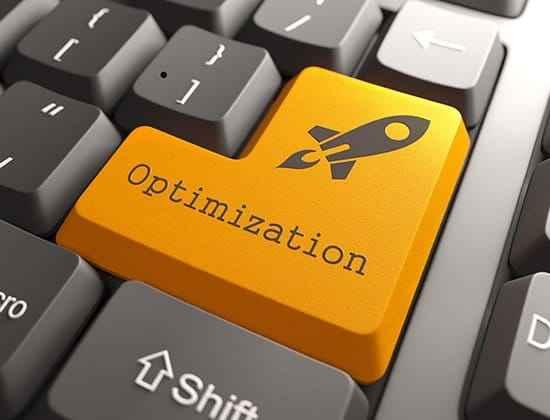Navigating the world of import/export business can be a complex and challenging task. From understanding different licensing requirements to managing the logistics of transport and shipping, there are countless factors to consider when trading goods across borders. In this article, we will delve into the intricate world of import/export license logistics, exploring the key aspects that every business owner should be aware of to ensure smooth and efficient operations. Whether you are a seasoned importer/exporter or just starting out in the industry, this guide aims to provide valuable insights and tips to help you navigate the often murky waters of international trade.
Understanding the Key Requirements for Import/Export Licenses
When it comes to engaging in international trade, one of the key requirements that businesses need to fulfill is obtaining the necessary import/export licenses. These licenses are essential for legal compliance and facilitate the smooth movement of goods across international borders. Without the proper licenses, businesses may face delays, fines, or even have their shipments seized by customs authorities.
There are several key requirements that businesses need to be aware of when it comes to import/export licenses. These requirements may vary depending on the countries involved and the nature of the goods being traded. Some of the key requirements include accurate documentation, compliance with trade regulations, payment of applicable fees, and maintaining a good standing with customs authorities. By understanding and fulfilling these requirements, businesses can ensure that their import/export operations run smoothly and efficiently.

Navigating the Complexities of International Transport Regulations
Dealing with international transport regulations can be a daunting task for importers and exporters looking to ship their goods across borders. Understanding the requirements and restrictions imposed by different countries can be overwhelming, but crucial for a successful shipment. Obtaining the necessary import/export licenses is the first step in ensuring compliance with these regulations. These licenses serve as authorization from the government to engage in international trade and are essential for smooth customs clearance.
Once the import/export licenses are secured, the next challenge is to navigate the complexities of transport and shipping. Choosing the right mode of transport and selecting a reliable shipping company are crucial decisions that can impact the efficiency and cost-effectiveness of your international shipment. It is essential to stay updated on the latest regulations and requirements to avoid any delays or penalties.

Optimizing Shipping Strategies for Efficient Trade Operations
When it comes to , one crucial aspect to consider is obtaining the necessary import/export licenses. Without the proper licenses in place, your shipments could be delayed or even rejected at customs, resulting in costly consequences. By carefully managing the logistics of licensing requirements, you can ensure smooth and seamless transportation of your goods.
Transportation plays a key role in the shipping process, and choosing the right mode of transport can make a significant impact on the efficiency of your trade operations. Whether you opt for air, sea, rail, or road transport, each mode has its own advantages and limitations. By carefully evaluating your shipment needs and considering factors such as cost, speed, and reliability, you can determine the best transportation mode for your business. Remember, a well-planned shipping strategy can help streamline your operations and improve your bottom line.

Strategic Recommendations for Streamlining Import/Export License Processes
When it comes to streamlining import/export license processes, there are a few strategic recommendations that can help businesses navigate through the complexities of international trade smoothly. One key recommendation is to utilize digital platforms for submitting and tracking license applications. By moving away from paper-based processes and adopting online systems, businesses can save time and reduce the risk of errors.
Additionally, establishing clear communication channels between all parties involved in the import/export process is crucial for ensuring a seamless flow of goods. This includes maintaining regular contact with customs officials, logistics providers, and other stakeholders to prevent any delays or misunderstandings. By keeping everyone informed and aligned, businesses can minimize disruptions and enhance efficiency in their import/export operations.
The Conclusion
In conclusion, navigating the world of import/export license logistics can be a daunting task, but with the right knowledge and resources, it is possible to streamline the process and ensure smooth sailing for your business. From understanding the regulations to securing the necessary permits, the key is to stay informed and proactive. Remember, the world of international trade is constantly evolving, so adaptability and attention to detail are key. With the right approach, you can unlock new opportunities and take your business to new heights. Good luck on your import/export journey!
